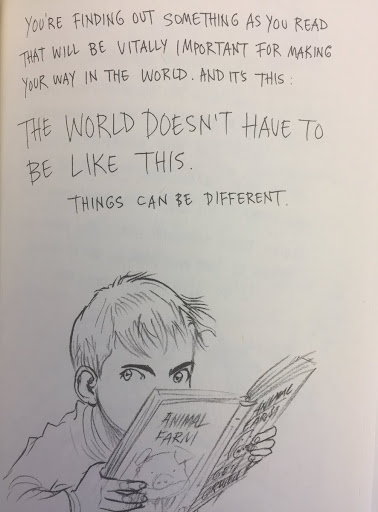When you become a freelance writer, you’re working with such a different dynamic compared to a full-time role at a news network. You have to hustle. You have to be responsible for your own schedule. You can’t let rejections bruise your ego. And you have to be open to new ideas to write about as a journalist, even if the well is dry and all you want to do is watch old X-Files episodes on Prime.
Starting out in this competitive space, I wish I had someone advising me on what worked for them, what didn’t, where to focus my attention, etc. So I hope I can be that mentor and coach to anyone looking to find their place as a freelance writer. Here are the top five nuances of freelancing as a journalist I wish I knew then:
Write every day! Even if it’s not an article or a pitch. Start a journal or diary or blog, and write something daily. Constant practice will keep the writing muscle active. Just like any muscle, it can atrophy the less you use it, and you want to ensure your writing skills continue to develop during freelancing downtime.
A pitch rejection isn’t a rejection of you. Just your idea. When I began pitching, I took rejections too harshly, believing that a “This isn’t right for us” comment from an editor meant I wasn’t the best writer for this publication. NOPE! Pitch rejections aren’t an indictment on your character but simply an editor looking at your idea and not feeling it for their outlet right now. When I became editor of Digital Journal, I realized this truism even more apparently when I had to do my fair share of rejecting. Thankfully, I’m not someone to just give up after a few rejections, and for one outlet three years ago I kept on pitching until my idea found favour with the editor. Four No’s before a got a Yes. And I’ve been writing for BBC News ever since.
Read the outlets you want to write for as often as you can. I used to think a cursory glance through an outlet’s archive could give me a sense of the kind of content they published. This is an exercise that can’t be completed within 30 minutes. If you want to take your pitching process seriously, you have to read your desired news network as often as possible, and I’d recommend at least a few times per week. Not only do you learn about the subjects that matter most to their readership but also what voice or tone they tend to favour. Is the outlet big on snark and humour such as Vice and Mel, or do they lean more towards straight reporting such as the Globe & Mail and New Scientist?
Don’t be afraid to ask for more money. I used to believe that if I requested a higher fee from an editor for an article they were looking to commission, I’d be seen as greedy and I’d get a scarlet letter on my chest that says Stay away from this freelancer, he wants more than what editors can offer! That’s BS. That’s an unfounded fear. Negotiating for a higher fee is part of the responsibility of a freelancer who takes their profession seriously, not just as a hobbyist who’s overjoyed to get a byline. You’d be surprised how many editors expect some kind of conversation about fees, especially in an era where more gig workers than ever are turning to writing jobs to make a living. And if the editor bristles so furiously at your request, then they probably aren’t worth writing for anyway.
Network with other writers. It can be a lonely job, pitching and writing solo, even if you end up at a work-sharing space. Something I didn’t do until later in my career, thanks in part to the rise of social media, was network with other freelance writers to learn about the challenges they face, the wins they celebrate, the outlets we should avoid at all costs. Today it’s easier than ever before to make this happen, due in part to Facebook and LinkedIn Groups that can foster relationships between freelancers who lives miles apart. These fellow writers can act as a support system when you’ve had a particularly tough week, or be there for you when you want to clink virtual glasses to celebrate a pitch acceptance. If you don’t have the office lunch room to engage in some conversations, going online is the next best thing.
What do you think? Comment below and let’s hear what you have to say about freelancing.





